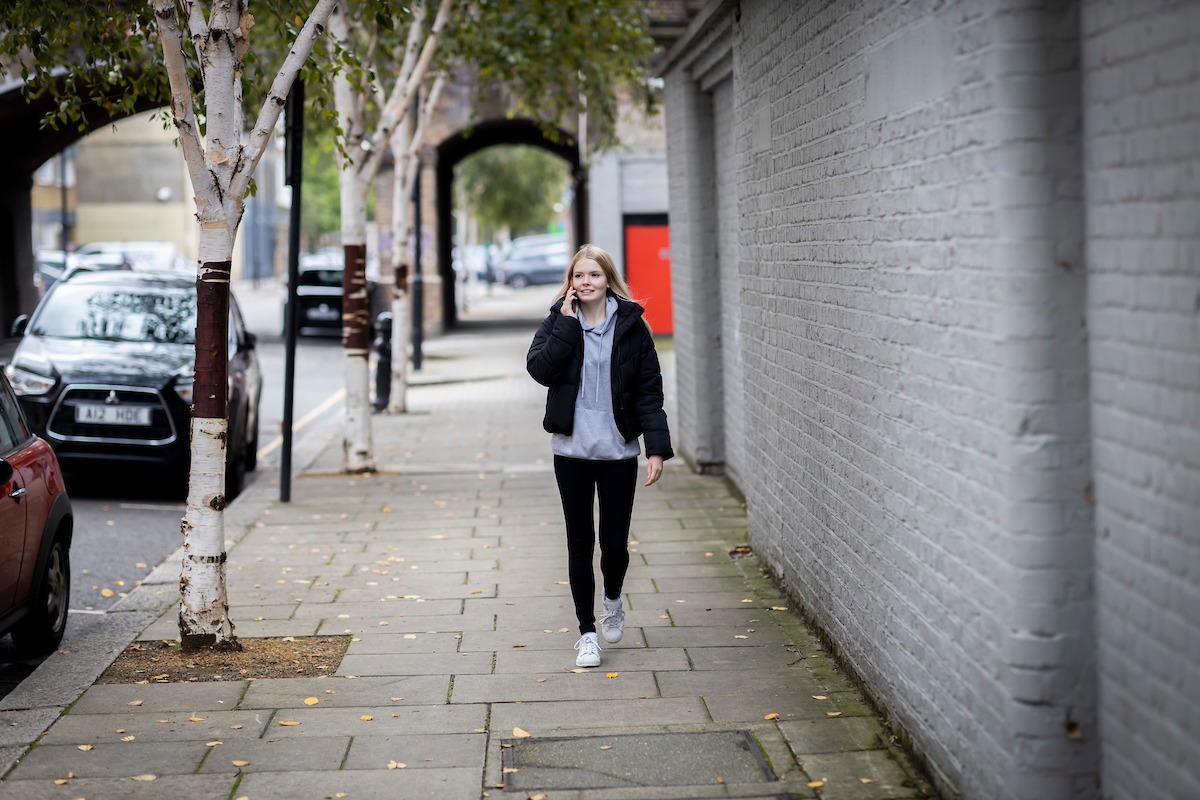Guide for international students in the UK
If you're not from the UK, getting the basic things you need to survive student life can be pretty complicated, if not damn near impossible. So to help out, here's our guide to everything you need to know. From UK university fees for international students to how to get an international student bank account and more.

UK university fees for international students
International student fees in the UK vary between universities so we’re not going to give an exact figure. If you’re curious then the admissions staff from your university or college can tell you exactly how much your course will cost. In the meantime, here’s a rough guide to UK university fees for international students:
- English language courses: Fees vary greatly, from around £100-£300 per week. Luckily, some universities/colleges actually provide free English classes prior to the start of the main course.
- Non-degree, career based and professional courses (e.g. diplomas and certificates): Fees cost around £3,500-£5,000 a year, depending on programme and length.
- Degree courses: The fees can range from £10,000-£20,000 per year. The actual amount depends on the institution, the level and the type of course you’re doing.
Keep in mind that you might be eligible for lower ‘home’ fees or student support from a UK local education authority if you satisfy some residential conditions.
You can also check out this online calculator for international students to help you work out what you can afford. Just remember that you’ll need to factor living costs in the UK on top of your UK international student fees. If all those fees and funding sound like they’re adding up to a lotta money, you can check out our article on the cost of being a student here.
Funding and scholarships for international students in the UK
To find out what financial support you can get from your government you should contact your Ministry of Education/ Education department. If they ghost you, then you should try applying for scholarships.
To apply for a grant, you’ll need to start the process at least a year before your course starts. This is just our personal note, but we recommend being clear and concise in your application. Sadly, most scholarships for study in the UK are for postgraduate courses. Although in special circumstances applications for undergraduate study may be considered. But don’t panic, there are other options. You can always apply for scholarships from international agencies such as UNESCO and WHO.
International student visas and immigration
You’ll need a student visa to study in the UK and the overseas fees for that usually start at £348. It’s important to note that if you’re applying from outside the UK you can apply up to six months before the start of your course. And make sure to have a record of your visa or entry clearance dates.
As an international student, your stay in the UK is only legal as long as your visa/entry clearance is still valid. Annoyingly, some students aren’t given permission to stay for the whole course. In this case, you’ll have to apply for a permission extension and submit it at least a month prior to the expiry date.
To figure out which documents you have to submit and other related information, visit the Home Office. On the other hand, if your permission to stay has already expired, or if your application is refused, contact one of the following for help:
- A student adviser or welfare officer for home or international students at your college or university
- The Immigration Advice Service
- UKCISA: UK Council for International Student Affairs
Working in the UK for International students
If your course lasts longer than six months, you’re allowed to work full-time during vacations, and part-time (up to 20 hours a week) during term-time. And for those taking a work placement or internship with an employer, you can work full-time during the term.
If your visa or passport stamp doesn’t allow you to work for whatever reason, check the third line of your visa. When it says ‘student’, you can change the work allowance with the help of an international student adviser wherever you’re studying.
Once you get the all clear to work, you’ll need a National Insurance number. To get one, you can arrange an appointment with your local Jobcentre Plus ASAP. And don’t forget to bring these docs with you:
- A firm, written offer of employment;
- Two forms of identification;
- A reference from the university/college.
You can learn more about national insurance in this article.
Setting up an international student bank account in the UK
Before you look into setting up an international student bank account in the UK, make sure to ask your bank in your home country:
- What the best way to transfer your money to the UK is.
- How to run a bank account in the UK.
- Whether your bank has a special relationship with any UK banks.
- Whether you can use cash cards from your home bank in cash machines in the UK.
And before you decide which UK bank to choose and which accounts to open, familiarise yourself with banking terms. These include things like balance, overdraft, PIN, etc. Since the UK isn’t a part of the EU EEA, even if you’re from Europe you’ll have to master the pounds and pence of British currency. What’s more, due to Brexit, as of August 2021 European students lost their right to home fee status and have to now pay similar prices to overseas students.
After all this, when you go to the bank to open an account, you’ll need to have:
- Your passport.
- Letter of acceptance from your university/college.
- Evidence of your UK address: reference from your student halls or tenancy agreement if you live in private accommodation.
- Reference/statement from your bank at home (as requested).
Insurance for international students
There are three types of insurance that you might need while being a UK student: personal property insurance; medical insurance; and motor insurance. You should defo arrange the first two types before you start your course. Be sure to choose an insurance that would cover the cost of both you and your possessions while living abroad if anything were to go wrong.
Help with legal matters for international students
On the off chance you find yourself involved in a legal dispute you should contact either the Students’ Union, the welfare officer/counsellor at your university/college, or your area’s Citizens Advice Bureau (CAB) for expert advice. They can recommend you a lawyer (if you need one) and point you to a local law centre, which provides free legal advice.
Honestly, this applies to home students and overseas students. Basically just anyone.In extreme circumstances (for example if you get arrested by the police), it’s best to avoid being aggressive. Comply and co-operate when asked, and don’t attempt anything rash like bribing the police officer. You can learn more about police cautions and warnings here.
Next Steps
- Chat about this subject on our Discussion Boards.
By Nishika Melwani
Updated on 07-May-2022
No featured article














